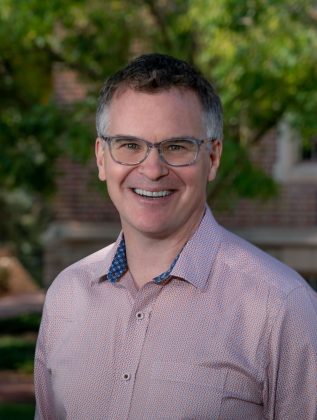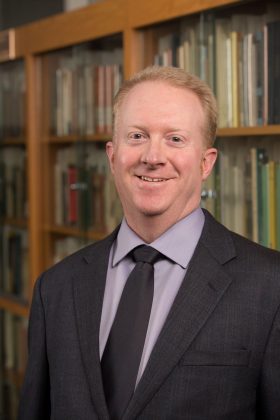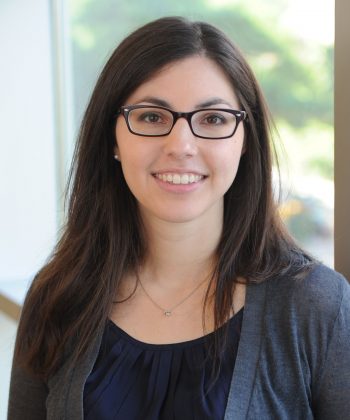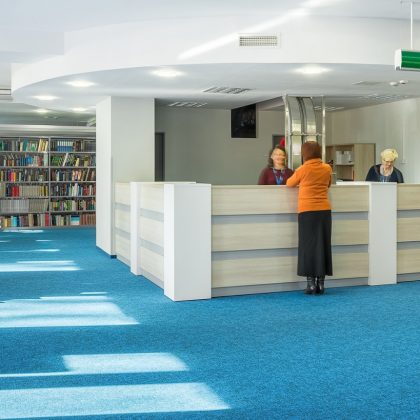The Cambridge University Press Librarian Advisory Boards – NALAB
This post is one of a series that celebrates the Cambridge Librarian Advisory Boards, as a small tribute to the librarians who continue to devote precious time to making them so successful. It is mainly about the North American Librarian Advisory Board [“NALAB”].
It is almost eighteen years since the Cambridge University Press International Librarian Advisory Board (now the Global Board) was founded, early in the spring of 2004. There are currently five boards, which, collectively, have more than 130 distinguished librarian members worldwide. (Plans are currently in train to set up a sixth.) The board members’ advice, information and insights have proved invaluable to the Cambridge team from the outset; and if possible, their contributions have become even more important in today’s post-Covid, rapidly-changing academic environment. Board members communicate via e-mail rounds (or “round robins”) which address two or three issues of joint importance to librarians and the Press two or three times a year. All the boards have also had at least one face-to-face meeting; prior to Covid, most met annually.
A capsule NALAB group first joined a pilot meeting on Tuesday 1st November 2016, prior to the start of the Charleston Library Conference. Eleven librarians took part, two from Canada and nine from the USA. Some were already members of the Global Board, which for several years had been inviting contributions from 5 or 6 American and Canadian librarians. Among them was Michael Levine-Clark, who is now the Dean of the University of Denver Libraries, and who had also attended several of the Asian advisory board meetings as a guest speaker. Here are some thoughts from Michael about the boards and what belonging to them means to him:

“I have been on NALAB since the beginning – arriving late to the initial meeting in Charleston because my cab driver swore he knew the route better than Google Maps. I’ve been a global board member since 2011. I always enjoy learning from my librarian colleagues and have also found that the understanding of publishing that I’ve gained has made me a better librarian.
Though I’m often a bit late in responding to the email threads, it’s not because I don’t find them valuable. I read every bit, and especially for the global board, it’s always interesting to see how we have so much in common, even when there are some genuine regional differences.
I am extremely lucky to have been able to join the Asian board for three years, with visits to Hong Kong, Taipei, Beijing, and Shanghai. While I learned a lot, I especially appreciated getting to know the librarians and CUP employees from the region.”
Taking a trip down memory lane by resurrecting the agenda of the Charleston meeting shows that while today’s burning issues are broadly similar, huge developmental strides have been made in the intervening five years. For example, Michael himself spoke on “Hot topics in US Higher Education” and chose as his points of focus Open Access, Text and Data Mining [TDM] and Research Data Management [RDM]. These are still topics which generate vigorous debate; but, in the US particularly, Open Access in 2016 existed only as a fledgling business model – there was no pressure on librarians to embrace it and transitional Read and Publish / Publish and Read solutions lay some years in the future. Today TDM and RDM are no longer concepts to explore, but have “arrived”, accompanied by rafts of technological development and contractual detail.

Similarly, Beau Case, then Head of Arts and Humanities, University of Michigan Library, now Dean of Libraries at the University of Toledo, talked about “The changing role of the Library” and selected six areas of rapid change for discussion: data services and collections; library spaces; digital scholarship and digital education; engaged learning; and scholarly communication. All, of course, are still highly relevant in 2021, but post-Covid, librarians’ approach to addressing them has changed immeasurably.
Of note at this meeting was the first Cambridge Core update. Cambridge Core was launched in September 2016, so was still very new when the Charleston meeting took place, but there were already updates to report – as there have been at all the board meetings across the world ever since. Board members were also invited to advise Cambridge on “becoming the world’s leading university press.” The Press team sees continued input from the advisory boards as a key pathway in building toward this perennial goal. The emphasis in Press advisory board engagement has always been on a two-way street, a vigorous and healthy exchange of information and ideas between themselves and the board members.

Like all the Cambridge boards, the NALAB membership is refreshed regularly. Currently it has twenty members. Krystie Wilfong, Associate College Librarian for Collection Management and Scholarly Communications at Bates College, who joined two years ago, observes: “I’m a relatively new member of the NALAB for CUP but am already seeing the benefits of being a participant. I provide the perspective of a small liberal arts undergraduate college, which is often very different from a large research institution or even a medium sized university. Hearing about what is coming down the pike at CUP not only helps me prepare for how it will impact my institution but it allows me to advise how to make that change more approachable or helpful for schools similar to mine.”
Cambridge is fortunate that some board members choose to continue to work with NALAB as their careers progress. Beau Case is shortly to be appointed Dean of Libraries at the University of Central Florida, the USA’s largest and fastest-growing university campus, but still wishes to retain his board role. Like Michael, Beau has attended other boards’ meetings as a guest speaker. A particular highlight was the opening address he gave at the Cambridge Librarians’ Day in Jakarta in January 2017. He emphasises that contributing librarians obtain almost as much benefit from their work with the boards as the Press itself:
“What is unique about the Cambridge board experience is that there is a strong and mutually beneficial professional relationship. My service on other publishing boards is very different. While advice and opinion is solicited, it usually comes late in the development process. Cambridge, on the other hand, shares their strategic directions and product prototypes, allowing board members to contribute their valuable expertise and knowledge in the building of innovative products and services that are successful in the marketplace and truly advance scholarly communication.”






